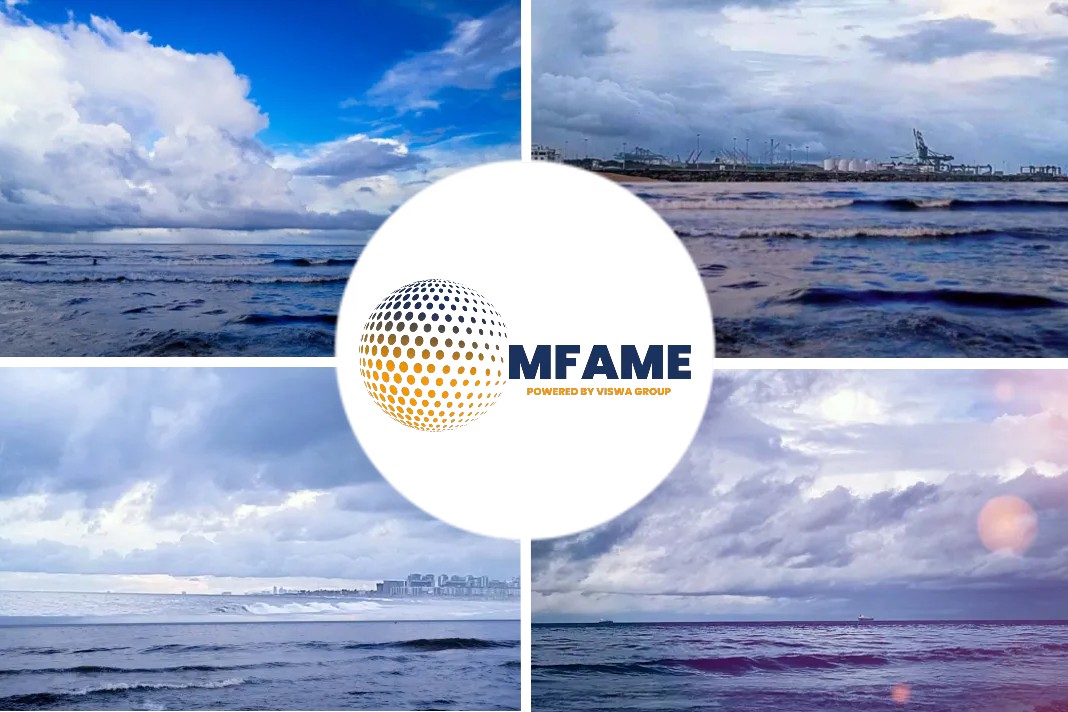- Shippers cannot dodge environmental rules for low fuel bills anymore.
- Carrying high sulphur cargo, individual vessels could save thousands of dollars every day by cheating.
- Fairly high compliance is expected in North America and Europe, but not outside those major bunkering hubs, especially in Asia, Africa the Middle East.
- China’s shipping association wanted the sulphur cap delayed as the coronavirus has hit the industry’s finances hard.
- The IMO said a delay won’t be possible because the rules are already under way.
Dodging environmental rules is about to get next to impossible for shippers, says an article published in Menafn.com.
Cheat for low bills
The new environmental rules for the shipping industry has closed off a loophole for the ones who cheat to cut their fuel bills.
Carriage ban
Starting March 1, shippers are prohibited from carrying highly sulphurous marine fuel for later consumption at sea, far from the eyes of regulators.
Sulphur cap
IMO 2020 has restricted vessels from burning such fuel since the start of the year.
Free hand for Port Authorities
It means port authorities world over can act on vessels that have non-compliant fuel on board for use on the high seas.
Until now, carrying such cargo has been allowed, meaning individual vessels could save thousands of dollars every day by cheating.
Compliance throughout the world
Mark Williams, principal analyst for short-term refining and oil product markets at Wood Mackenzie Ltd said a fairly high compliance is expected in North America and Europe, but not outside those major bunkering hubs, especially in Asia, Africa the Middle East and, to some extent, Latin America.
Not all are meticulous
Williams added that while most of the shippers are already complying with the sulphur cap, others might not be so scrupulous.
IMO’s regulations
The International Maritime Organization, part of the UN, established its low-sulphur rule and the carriage ban as a way to cut down on sulphur.
Sulphur is a pollutant that is linked directly to issues from acid rain to asthma.
This regulation is the most far-reaching change in years for both the shipping industry and fuel-producing refiners.
Hampering of enforcement of rule
This year, Wood Mackenzie expects the vast majority of the world’s marine fuel burned by shippers to comply with IMO regulations.
According to Williams the carriage ban will likely increase compliance, but only to a limited extent.
Still, a long list of countries hadn’t signed on to the sulphur limit, hampering enforcement of those rules.
Flexible approach
- UAE, the home to the bunkering port of Fujairah, said it will take a flexible approach.
- Others have said the sulphur cap and the accompanying carriage ban will be applied without exception.
Fuel price differentials
While the price gap between the old and new fuels has narrowed, the temptation to cheat for some must still be acute.
According to data from Clarkson Research Services Ltd, a 10-year-old Capesize iron ore carrier can consume 62 tons of fuel a day.
So far this year, very-low sulphur fuel oil, costs an average of about $223 a tonne more in Rotterdam than the old kind. This means a saving of almost $14,000 a day, which has declined in recent days.
Vessels making heavy losses
According to data from the Baltic Exchange in London, the carriers are earning just under $2,400 a day from charters.
That’s far below what they need just to cover basic running costs like crew, insurance and repairs let alone repay bank loans or eke out a profit.
No delay with sulphur cap regulations
China’s shipping association said this week that it wanted the sulphur cap delayed because the coronavirus has hit the industry’s finances hard.
According to Energy Aspects Ltd, marine fuel demand in February has been cut by 2mn tonnes amid a halt in activity at the country’s ports.
The IMO said a delay won’t be possible because the rules are already under way.
Carriage ban
The coronavirus has complicated efforts to prepare some ships for the March 1 deadline because of contingency measures at some ports, especially in eastern Asia, according to Lars Robert Pedersen, deputy secretary general of shipping industry group BIMCO.
Did you subscribe to our daily newsletter?
It’s Free! Click here to Subscribe!
Source: Menafn.com



















